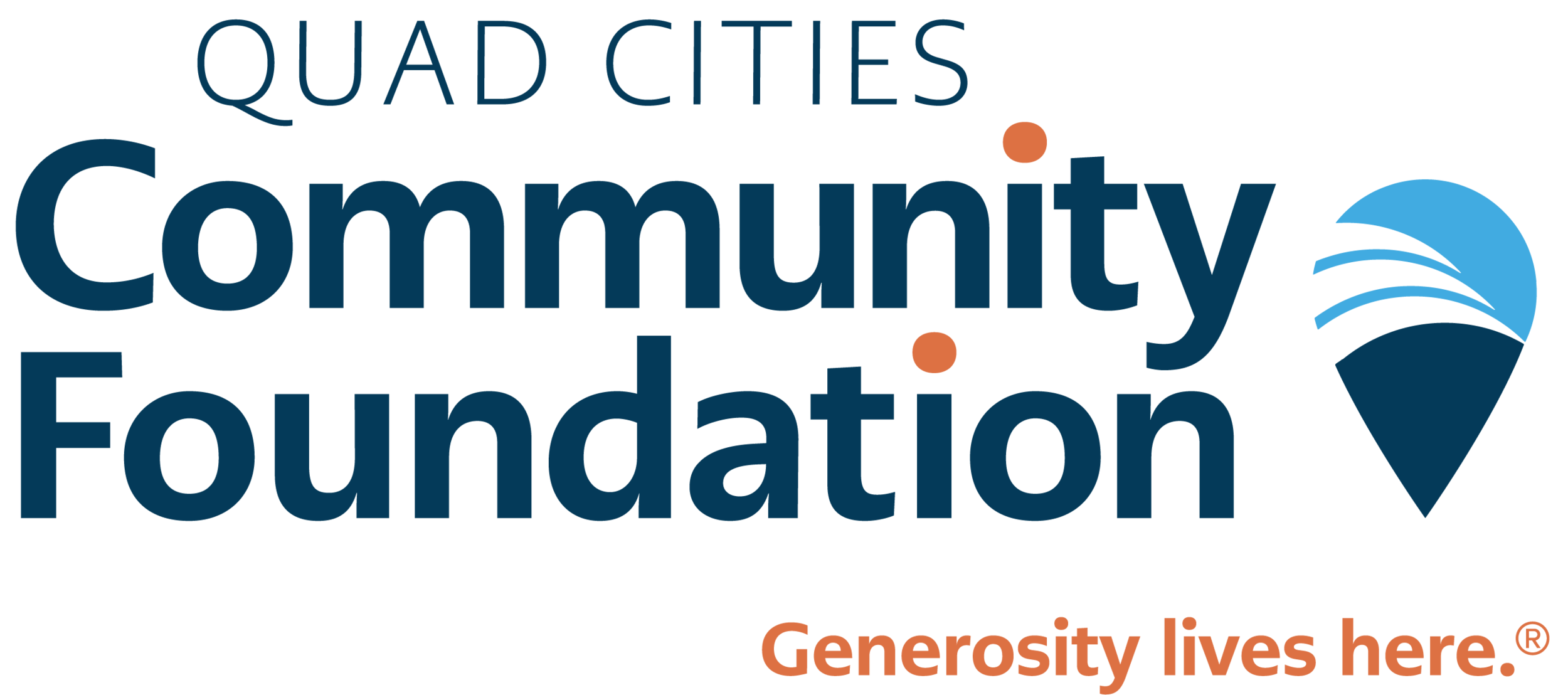When nonprofits partner, transformation happens
In 2019, leaders at two local mental health nonprofits were deep in conversation about how to broaden access to employment support for people recovering from mental illness all across the Quad Cities.
Thanks to a well-established Medicaid reimbursement program in Illinois, Transitions Mental Health Services had been running such a program for over a decade with stellar results. They were eager to help Vera French Mental Health Center provide similar services on the Iowa side of the river. But without state funding in Iowa, where would they find the money to get started?
It was a $100,000 Transformation Grant awarded to Vera French by the Quad Cities Community Foundation that allowed the two partners to move from “What if?” to “What next?” Since then, Vera French has helped more than 50 clients find meaningful employment integrated in the community and is poised for financial sustainability far into the future.
“Our whole community benefits when our nonprofits work together,” said Kelly Thompson, the Community Foundation’s vice president of grantmaking and community initiatives. “We’re proud to have been able to provide the resources these two nonprofits needed to get their collaboration off the ground.” Transformation Grants are made possible by the generosity of donors to the Quad Cities Community Impact Fund. You can give to the fund here.
Remembering Gary Weinstein
One person who would have been proud to see how Vera French’s IPS program has thrived is Gary Weinstein. Before he passed away, Weinstein was Transitions’ CEO—and a champion of the partnership with Vera French to bring IPS to the Iowa Quad Cities.
“It was really Gary, in his quiet way, working with our CEO, Richard Whitaker, who sowed the seeds of this partnership,” said Sondgeroth. “That relationship is such an important and beautiful element of this story. Gary’s presence will continue to be felt in this program, because without him it wouldn’t have happened.”
“With Gary, it was always about more than himself,” added Anne McNelis, one of Transitions’ co-CEOs. “His legacy is that he was so committed to the health of the community and to supporting other organizations.”
“We actively invited an agency that, in a different light, could be viewed as a ‘competitor’ into our space,” said Nathan Sondgeroth, executive director of the Vera French Foundation. By contracting with Transitions to provide employment-support services known as Individual Placement and Support (IPS) in Iowa while building their own capacity, Vera French didn’t have to design their program from scratch, and Transitions didn’t have to open their own office in Iowa. “For us, it was about deploying expertise as quickly and efficiently as possible, even if that meant investing in another agency.”
Research shows that IPS improves mental health outcomes and quality of life for participants in part by supporting them to quickly find work that suits their interests and long-term goals—and then providing support for continued employment. Meaningful community employment can play a central role in recovery, driving stability and helping a systemically marginalized community break cycles of poverty that exacerbate mental illness.
After the Community Foundation announced its Transformation Grant, Vera French secured match funding from the Sheila Murphy Trust. With those resources in hand, Vera French and Transitions hired legal experts to lay the groundwork for a true joint project between the two organizations.
“To really be successful, agencies have to build off each other’s strengths,” said Sarah Sirna, Transitions’ director of rehabilitation and employment services. “You can’t just say, ‘We’re the best at this and we’re going to stay in our lane.’ You need to build a village with other people.”
One year into the program came an exciting development: the state of Iowa began soliciting applications for test sites for IPS programs. With a year of outcomes to boast, Vera French was an obvious choice, and it received state funding to continue its work. Skip ahead to today, and Vera French is on the cusp of achieving Medicaid funding to provide ongoing employment support for its clients.
“It can be so difficult to fund that two- or three-year gap before a program finds government resources,” said Sondgeroth. “That’s why the Transformation Grant and our local funders are the real heroes in this story.”
The program’s success to date isn’t just a testament to the collaboration fueled by the Transformation Grant. It’s also a perfect example of Vera French’s innovation model, which moves from research and community listening to startup funding and outcomes delivery, ending in sustainability. “We believe this success is replicable, and there are other evidence-based practices we would love to deploy,” Sondgeroth said. “This shows that we’re a great bet.”

